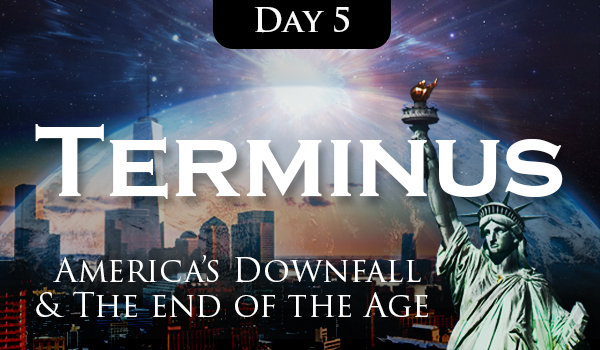
For the time will come when people will not put up with sound doctrine.
Instead, to suit their own desires, they will gather around them a great number
of teachers to say what their itching ears want to hear.
2 Timothy 4:3
Let’s look at two major mistakes made in studying prophecy: proof texting and confirmation bias. Perhaps you’ve never heard of either of these terms in the title. These two practices go hand-in-hand, and many of us are guilty of them regularly. In fact, I risk being guilty of proof texting by only quoting single verses with each day’s devotional. So I have to be very careful, and you shouldn’t assume I’ve quoted them appropriately! Study for yourself.
Let me mainly address these two practices from a standpoint of studying prophecy. Proof texting is a very dangerous and lazy practice. We studied this frequently in a previous devotional. In the Christian arena, we believers are often guilty of quoting a single Bible verse (or a portion of one) to justify our views, and we also disregard the verse’s context. There is a saying that provides a warning for this practice: “A text without a context is a pretext for a proof text.”
Let’s look at an example of this in the prophetic world. People often speak about the rapture by quoting 1 Thessalonians 4:17 to justify when they think it will happen. It states: “After that, we who are still alive and are left will be caught up together with them in the clouds to meet the Lord in the air. And so we will be with the Lord forever.”
When looking at the context, you understand what “After that” is referring to. This passage is mainly addressing the question of what happens to believers who have died before Jesus returns. It does not address when the rapture happens in the context of the End of the Age. This is but one brief example.
Confirmation bias is somewhat similar to proof texting. It is also called “myside bias”. It means that you and I often go looking for information to confirm what we already believe. Rather than looking and reading and learning objectively, we tend to seek out materials and teachers that we already agree with. We are selective in our study and research. We then use this knowledge to justify our deeply-entrenched viewpoints that have not been thoroughly vetted.
I would argue that 2 Timothy 4:3 addresses this practice. We read books and listen to preachers that we already agree with rather than have an open mind. Let me encourage us all to swallow our pride and study viewpoints on Bible prophecy that we may not agree with (am I stating this enough?). What if by chance they are right and you are wrong on a particular aspect?
What this open-minded practice will also accomplish is this, it will force you back into a deeper study of God’s Word. You should be able to justify your position based on a thorough knowledge of the Bible, not by saying that a certain prophecy teacher agrees with what you believe, and so, you must be right.
Having set the stage, let us now look at the specific topics at hand, starting with America.
